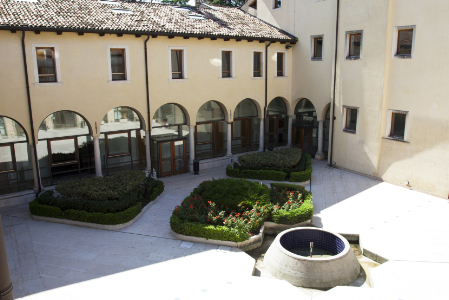Learning outcomes
What does it mean regulating economic activities? What is the relationship between law and economics? How does the functioning of economic system is affected by law, and how does the economy affect the legal system? What are the necessary legal rules and institutions for the development of a market-based economic system, and what are the rules and institutions that instead impede such development? These are some of the fundamental questions that are addressed by the course. To this purpose it focuses on two economic sectors, taken as case-studies, the regulation of financial intermediation and of food products.
Part A
General Topics
1) The functions of the law in the economy: allowing, promoting, correcting and going beyond the market.
2) The regulation of food products and financial services
3) The law and the globalisation of the economy
Part B
Specific Topics
1) Economic systems: definition and typologies
2) The function of law and of public powers with regards to market economies.
3) The failures of public intervention in the economy
4) Economic functions of independent Authorities
5) International trade: barriers and international agreements
6) The EU internal market and the fundamental freedoms: negative and positive integration
7) The regulation of financial services in the European market (sources of law, freedoms of movement and public supervision)
8) The protection of competition: private and public anticompetitive measures (eg cartels, unfair competition, State aid)







